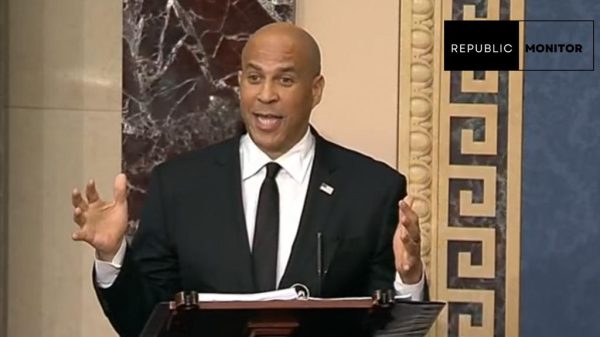In a comprehensive analysis of the most recent FBI crime data using Saturday Night Science, we’ve uncovered the 10 most dangerous cities in Illinois. Our research delves into the violent and property crime per capita statistics, offering a revealing insight into the state’s safety landscape.

Risky Realities in Illinois: A Look at the Top 10 Most Dangerous Cities
1. Unveiling the Riskiest: Danville Tops the List
According to the latest FBI crime data, Danville emerges as the most dangerous city in Illinois. This designation is based on a meticulous examination of crime rates per 100,000 residents, shedding light on the challenges faced by the community.
2. Alarming Rates: Illinois’ Violent and Property Crime Statistics
Illinois grapples with a violent crime rate of 1,755 incidents per 100,000 people, underscoring the urgency of addressing safety concerns. The property crime rate stands at 4,820 per 100,000 people, emphasizing the multifaceted nature of the challenges faced by residents across the state.
3. A Closer Look: The 10 Most Dangerous Cities for 2024
The top 10 most dangerous cities in Illinois, according to our analysis, include Danville, Calumet Park, Peoria, Springfield, Hazel Crest, Carbondale, Alton, Chicago Heights, Rockford, and Chicago. Each city presents a unique set of circumstances contributing to its position on this list.
4. Seeking Safety: Campton Hills Emerges as the Safest
In contrast to the aforementioned, Campton Hills stands out as the safest city in Illinois. This revelation provides a glimmer of hope and showcases the diversity in safety levels across the state.
5. Statewide Concerns: Illinois Ranks 27th in National Danger Index
Illinois, as a whole, is positioned as the 27th most dangerous state in the United States. Understanding the statewide context is crucial for implementing comprehensive strategies to enhance public safety and community well-being.
6. Moving Forward: Addressing Challenges and Fostering Safety
The data presented serves as a call to action for local authorities, communities, and residents alike. Identifying the factors contributing to crime rates is essential for implementing targeted interventions that can make these cities safer places to live.
In summary, our research brings to light the complex safety landscape in Illinois. By highlighting the most dangerous cities and emphasizing the need for collaborative efforts, we hope to contribute to a collective commitment to creating safer communities for all residents.















